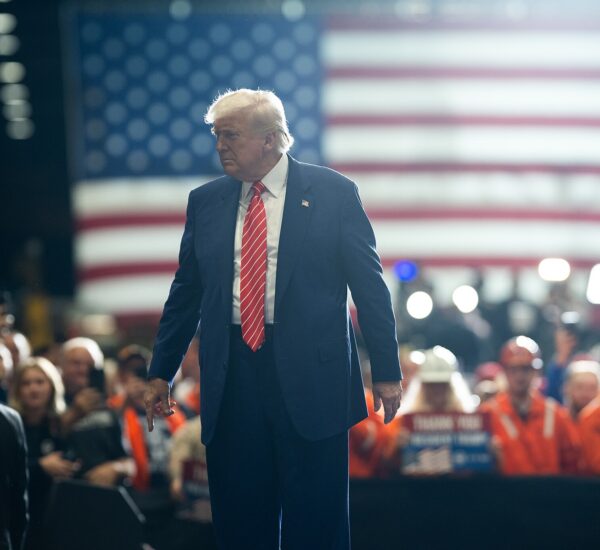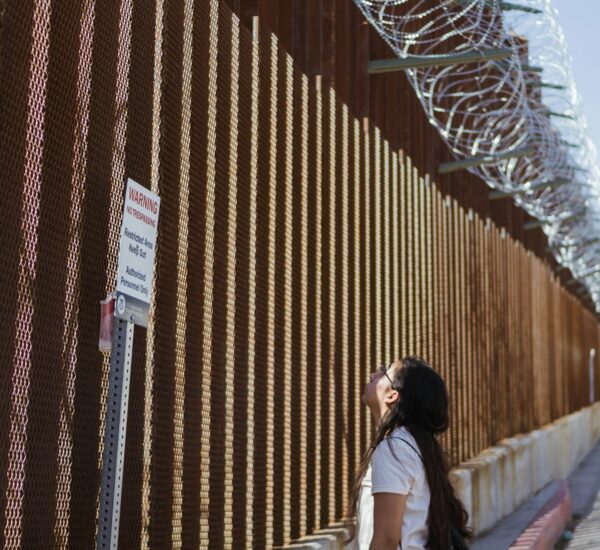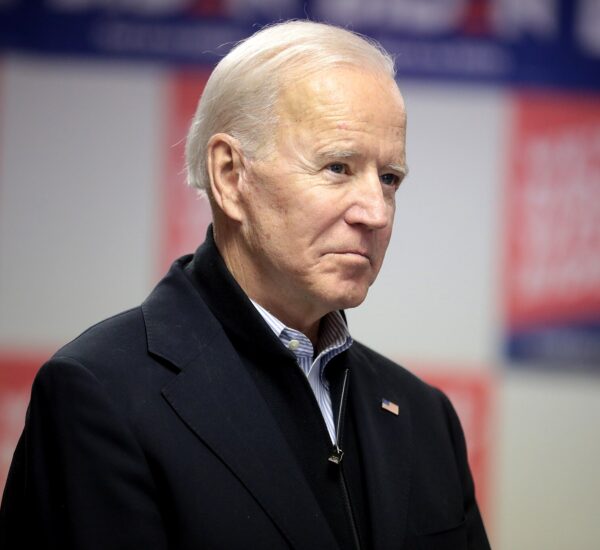NYPD Issues Warning To Ocasio-Cortez
Even the NYPD has a issue with AOC now.
In a recent development at Columbia University in New York City, a group of students staged an encampment protest in response to Israel’s conflict with Hamas in Gaza. The university initially allowed this demonstration but later reversed its decision, permitting the New York Police Department (NYPD) to intervene. This decision sparked controversy, drawing criticism from Democratic Representative Alexandria Ocasio-Cortez and sparking a heated exchange between her and the NYPD.
NYPD Chief John Chell took to Twitter, asserting that adherence to the law should supersede academic entitlement. He defended Columbia’s decision to enforce campus regulations, emphasizing the importance of instilling respect for the law in students.
Ocasio-Cortez, however, condemned Columbia’s move, labeling it as “horrific” for mobilizing the NYPD against its own students. The students involved in the encampment protest were expressing their opposition to the ongoing conflict in Gaza, which has led to significant Palestinian casualties.
The exchange escalated as both parties continued to defend their positions. The NYPD applauded Columbia for holding its students accountable for their actions during the protest. Chief Chell highlighted the professionalism exhibited by law enforcement personnel in handling the situation, countering claims of excessive force.
The NYPD urged Ocasio-Cortez to reconsider her stance and acknowledge the efforts of law enforcement in maintaining order. Chief Chell emphasized the need to combat hate speech and affirmed the NYPD’s commitment to upholding the rights of all individuals.
Deputy Commissioner Kaz Daughtry echoed these sentiments, emphasizing the importance of balancing the right to protest with the safety of students. He underscored the NYPD’s duty to protect individuals from harassment or violence, regardless of their political affiliations.
Despite ongoing negotiations between Columbia University and protesting students, tensions remained high. The university’s efforts to resolve the situation peacefully were met with challenges, leading to multiple arrests.
As the standoff continued, Columbia University President Minouche Shafik extended the negotiation period in hopes of reaching a resolution. However, the encampment remained intact, and the situation remained unresolved, with both sides standing firm in their positions.






